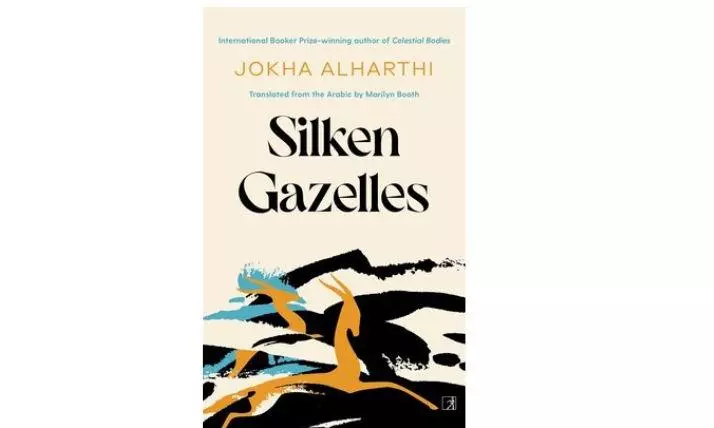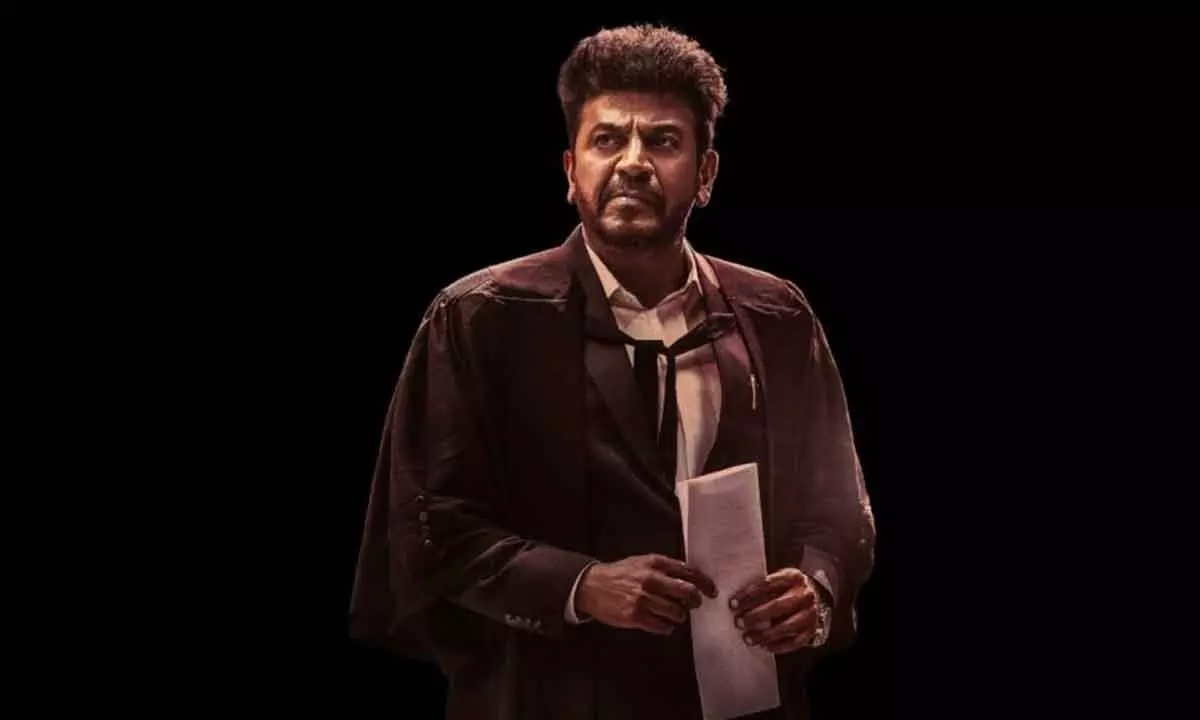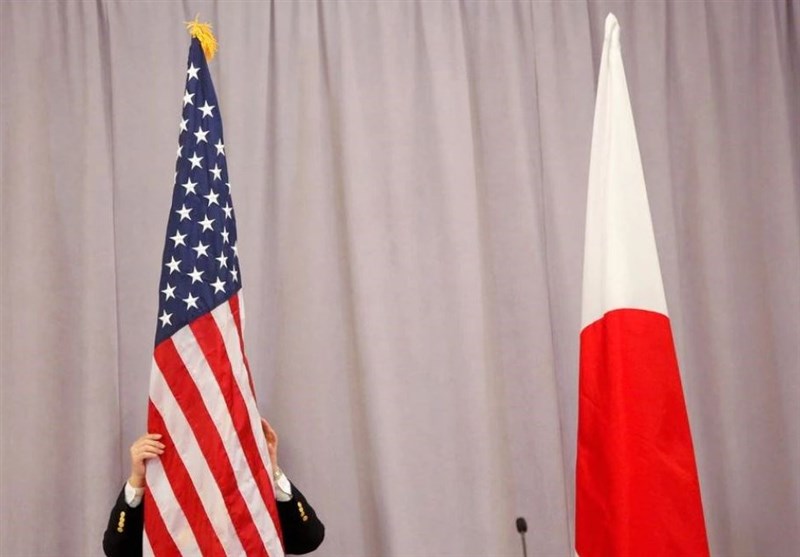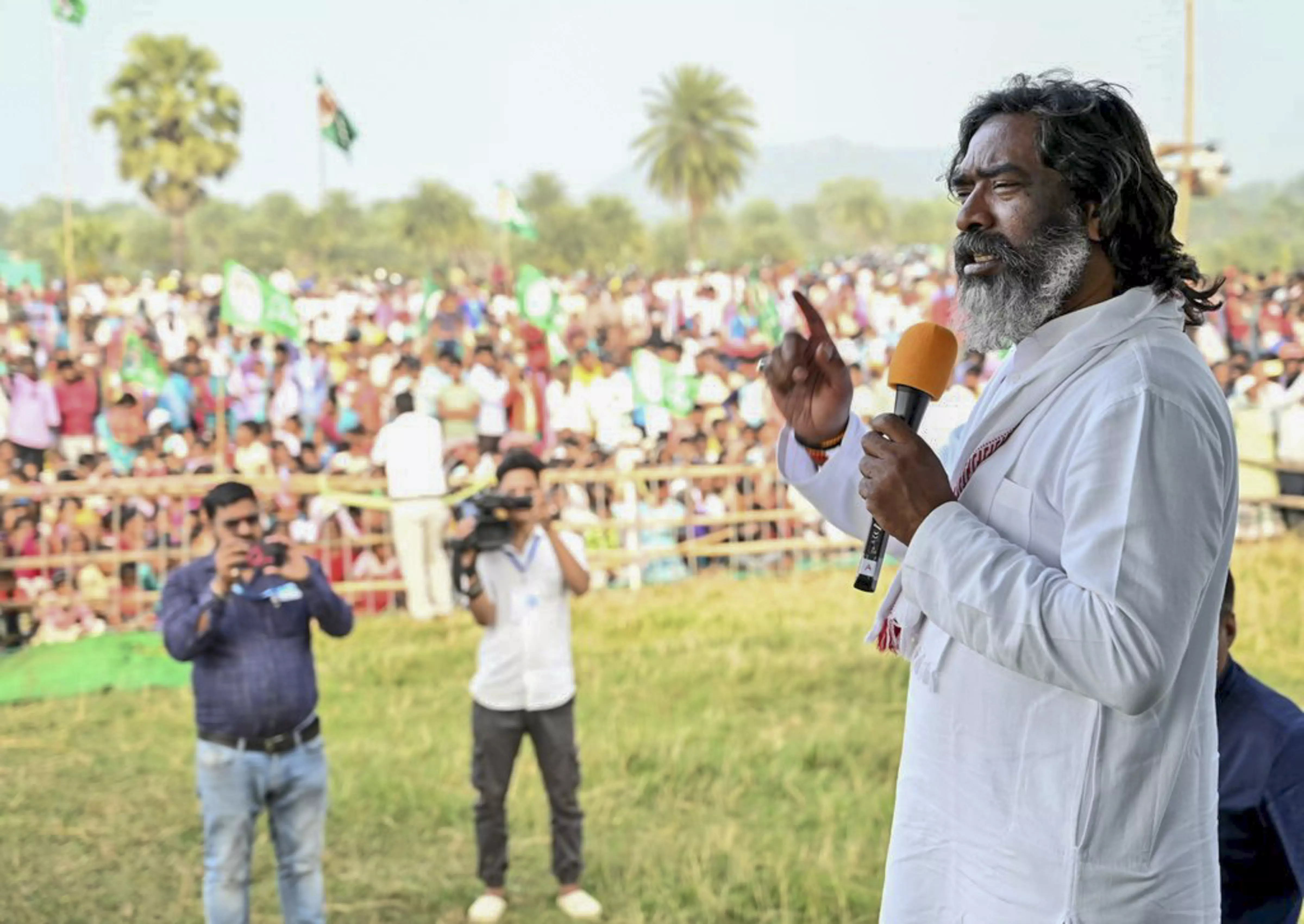Jokha Alharthi is a writer of impeccable style, design and vulnerability, and her novel , translated into English by Marilyn Booth, won the International Booker Prize in 2019. Returning with another novel (2024), she brings her much loved community in Oman to life again and narrates the story of two girls — Ghazaala and Asiya — who are nursing sisters since birth and how Asiya’s memory still holds a sway over Ghazaala’s life after Asiya’s forced departure from their mountainside village. Ghazaala’s attempts to fill the void in her life caused by the departure of Asiya are narrated with care and a quiet resolution.
For Alharthi, the future is where reconciliations between hopes and endeavours take place and the past is where possibilities of revision are still harboured. The novel follows this idea and what the reader receives is a compelling non-linear narrative moving between Ghazaala’s accounts of her lovers and the diary entries of her friend Harir whose friendship with Ghazaala is also affected by Asiya’s memory. In between the passages which recount the various reminiscences and narrations of the characters, there are sections of brilliant lyrical charm even when the subject is the threatened erosion of memory by time.
Alharthi makes Harir recollect: “Have as many years as this really and truly passed since I discovered she had vanished? Where is time anyway? How can it pass us by like this — like a river that flows on and on — and then how can it s.


















